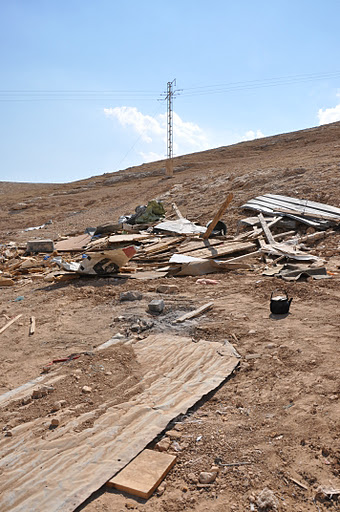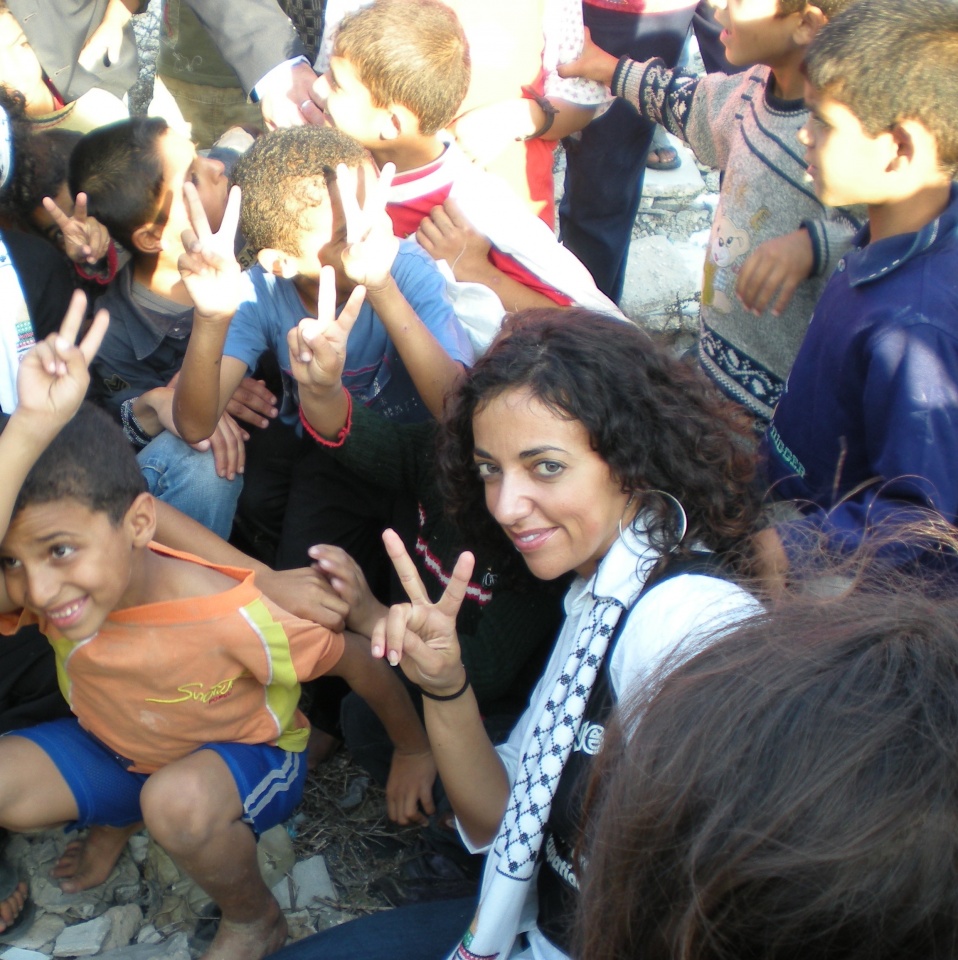Month: October 2011
-

Israel: Charging house demolition victims to pay costs of demolition equipment
by Samira | International Solidarity Movement, West Bank The people in the Bedouin community, Mihtawish, in Khan el Ahmar area outside Jerusalem today faced a house demolition. Three family houses were demolished, which hosted in total 39 people. 30 of them are children. One family lived in their house year round and two were soon…
-

Literal buzzkills: What it feels like underneath an Israeli drone
Sami Kishawi 30 October 2011 | Sixteen Minutes to Palestine Unmanned Israeli drones have been circling over the Gaza Strip for more than a day now. Few people outside of Gaza realize just how psychologically torturing this can be. Not only are the drones loud and incessant, but they also instill fear: the drones are able…
-

Huwaida Arraf: ‘They have lies to spin; we have truths to tell’
Yousef M. Aljamal 30 October 2011 | Mondoweiss Yousef M. Aljamal of Gaza’s Center for Political Development Studies interviews with Huwaida Arraf, cofounder of the International Solidarity Movement: Aljamal: First, could you please give us a brief introduction about ISM? Arraf: The International Solidarity Movement (ISM) is a Palestinian-led movement committed to resisting the Israeli occupation of Palestinian…
